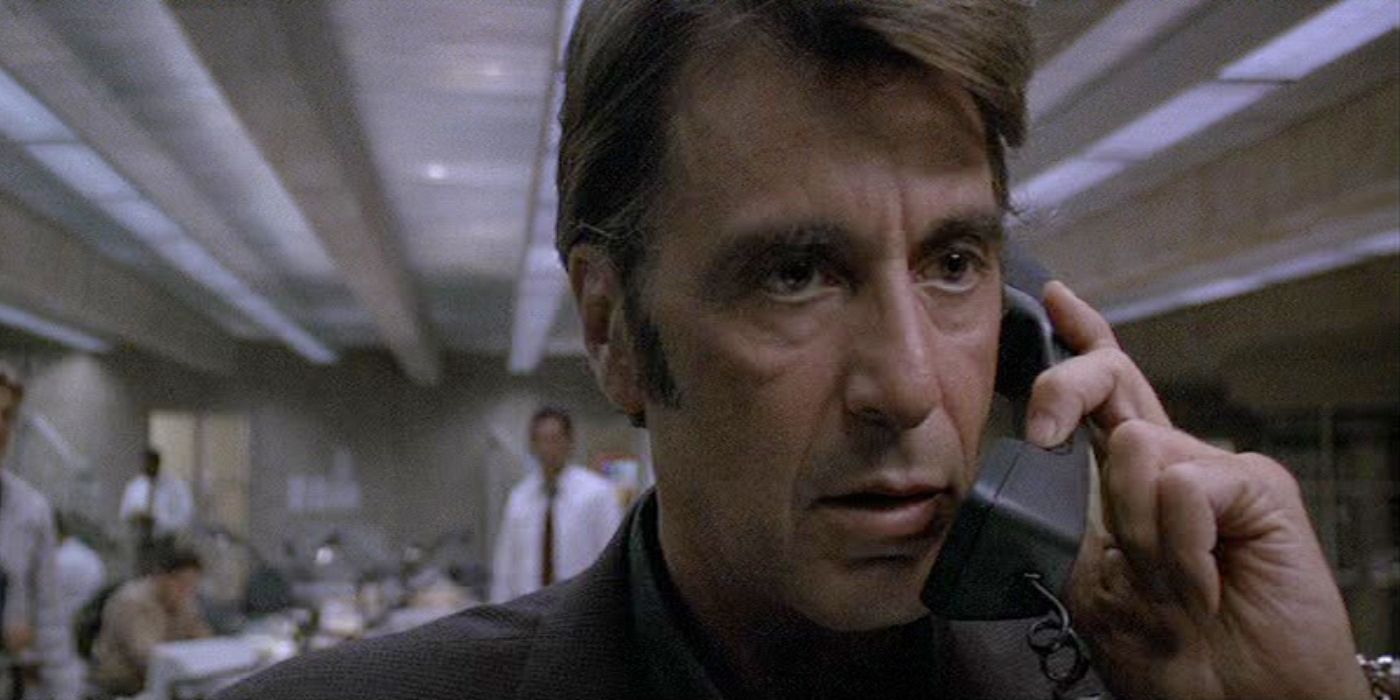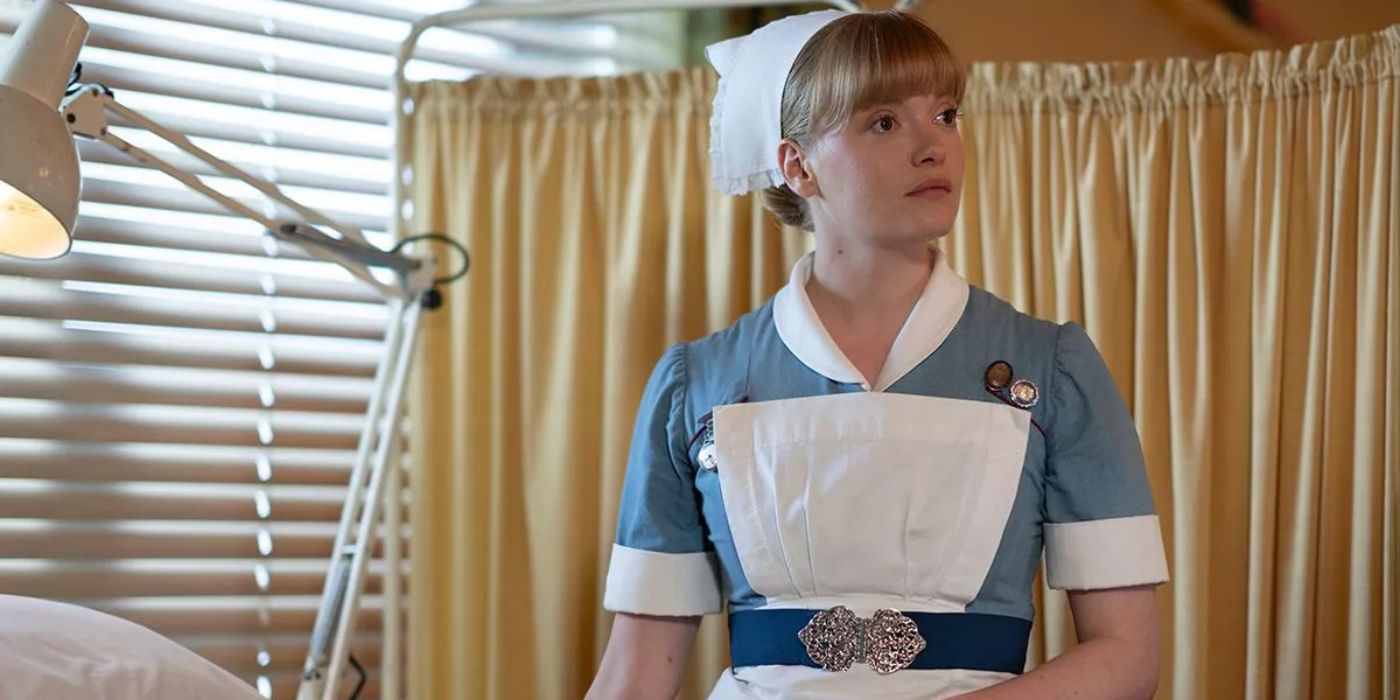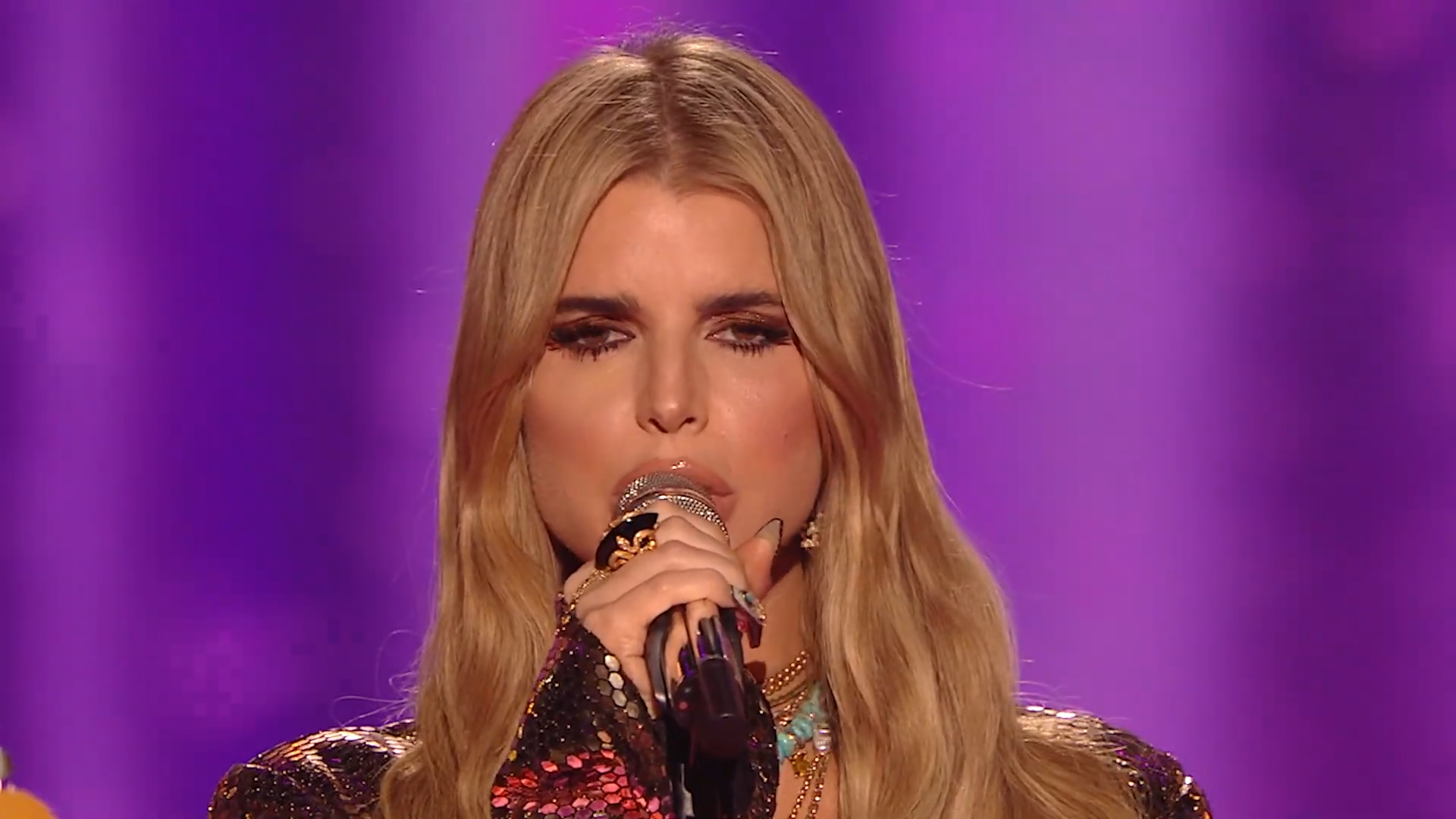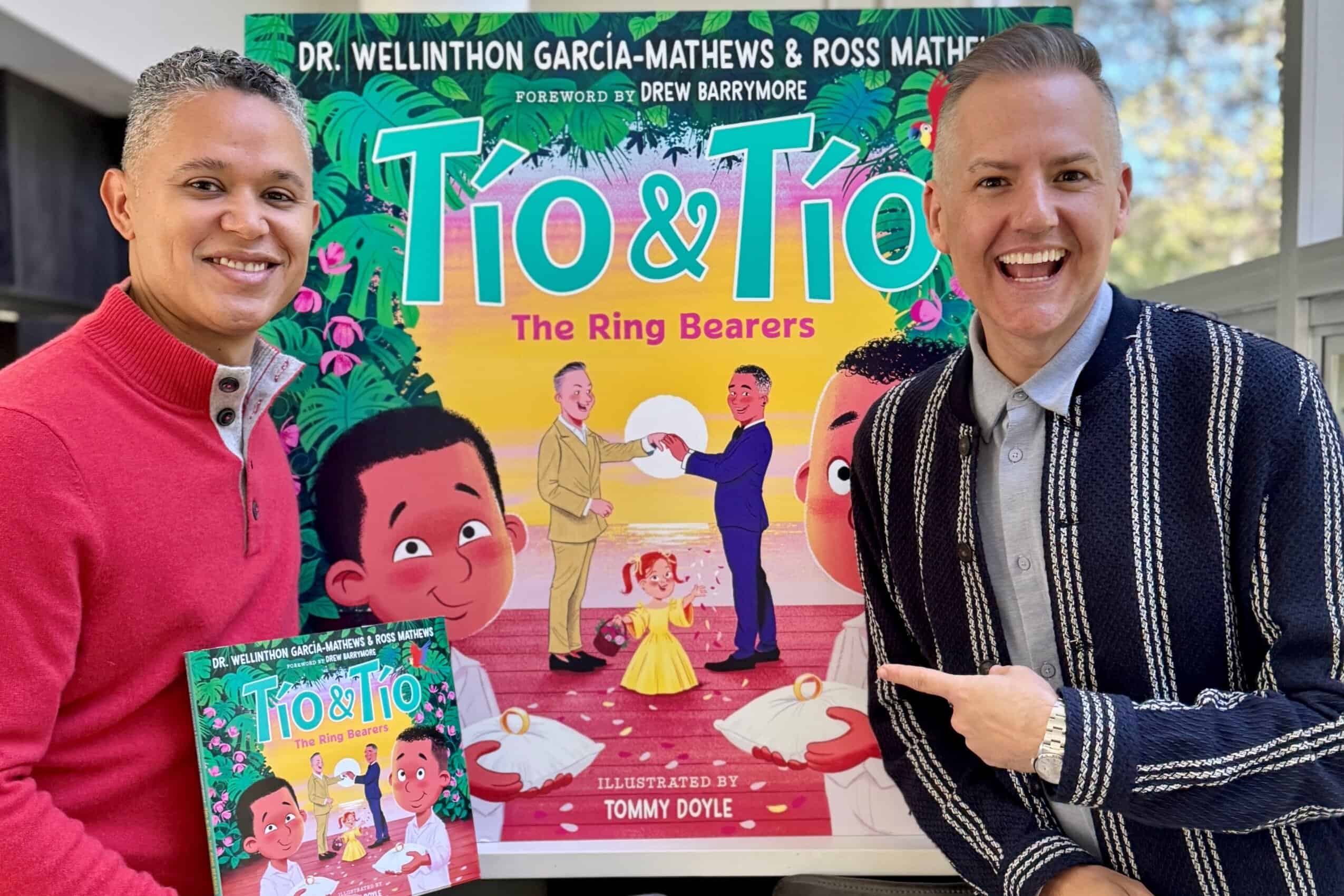
Trying to decide whether or not to get a life insurance policy can be tricky, especially if you don’t yet have people who depend financially on you. However, there are plenty of good reasons why you shouldn’t skip on life insurance, and why getting it sooner is better than doing it later.
1 – Protect your dependents
The purpose of life insurance is to make sure the people who depend on you are looked after if something tragic happens. This could be children, elderly parents, spouses, or anyone who depends on your income to get by. The payout of a life insurance policy can be used to wipe away any outstanding debts — such as loans and mortgages — and give your dependents breathing room to grief and figure out how to make money moving forward. Depending on the amount of the payout, it might be enough to get your kids through college or to pay for your spouse to get training and education before joining the workforce.
In short, life insurance can prevent a personal tragedy from immediately becoming a financial crisis.
2 – Lockdown your premiums
If you don’t have a family yet but plan to form one in the future, it might be a good idea to get a life insurance policy now. As browsing prices on Insurance Hero will show you, the price of life insurance goes up in direct proportion to your age, so getting a policy early allows you to secure a better deal and lower premiums.
This means that with a bit of planning you can get a 40-year term insurance policy at age 25, and assuming you have kids in your thirties, they’ll likely be finishing college by the time the policy expires.
3 – Premiums aren’t that high
There’s a common misconception that life insurance has to be expensive. The truth is, if you are willing to make a few concessions, you can pay almost as much as you want for an insurance policy.
The biggest concession is in the value of the policy — while most experts suggest that you get a policy worth at least 5 years of your salary, you can pay much lower premiums by buying a policy that is only worth 1 year of your salary. This means that your family will have less money to work with if something happens to you. But if the alternative is having no insurance at all, this is still a good deal.
Other insurance policies offer lower premiums as long as you’re willing to meet certain fitness targets, essentially offering you a financial incentive to stay healthy.
4 – Living benefits
Most life insurance policies offer living benefits as well. This means that if you suffer a heart attack, stroke, or some other major health event that lowers your life expectancy, you’ll be able to get a partial payout of your life insurance policy. You may also be able to get a partial or total payout if you’re diagnosed with a terminal diagnosis.
Since living benefits come from your life insurance — and not your health insurance — the money can be used however you want. This means you can use it to pay medical expenses, pay for experimental treatments, use it to go on vacations, and whatever else you see fit. If you’re interested in living benefits, make sure you read the fine print on your insurance policy, since the conditions on these vary a lot between policies and insurance providers.
You can view the original article HERE.




























:quality(85):upscale()/2025/05/19/981/n/1922564/93076eb0682bb18c994e06.89379902_.png)
